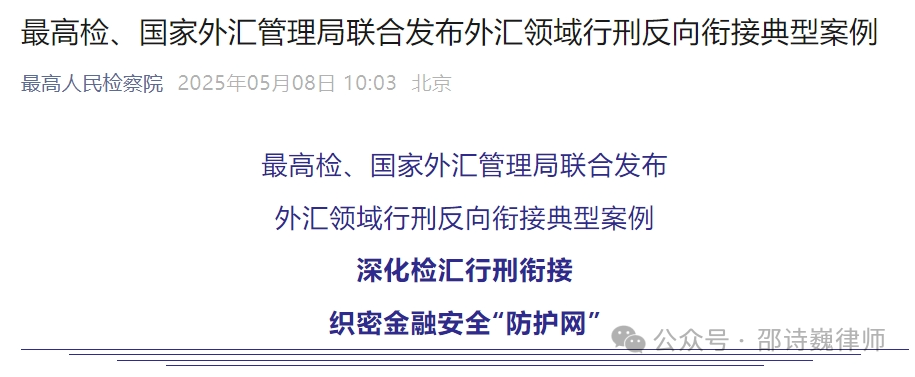
In practice, many people have such cognitive misunderstandings :
The exchange or introduction of currency may be illegal, but it is definitely not a criminal offense;
Their private exchange of currency is very covert and will not be easily discovered by the judicial authorities;
Helping people to exchange currency does not make any profit, so it certainly does not constitute an administrative violation or criminal offense;
It should not be illegal to sell the only foreign currency such as US dollars to others to earn the exchange rate difference;
I don’t care whether my family and friends are making money by exchanging currency. I just give them my bank card number for free. I haven’t done anything illegal.
The client asked me to introduce a currency exchange channel. I happened to know someone, so I introduced them. I didn't receive any money from it, so there shouldn't be any risk.
So, are there any legal risks in the above behaviors?
If it is illegal, how should it be characterized? Is it an administrative violation or a criminal offense?
Where is the boundary where currency exchange constitutes an administrative violation or a criminal offense?
On May 8, 2025, the Supreme People's Procuratorate and the State Administration of Foreign Exchange jointly released typical cases of reverse connection between law enforcement and criminal prosecution in the foreign exchange field , answering the above questions.
This article interprets the guiding cases announced this time.
Author: Lawyer Shao Shiwei
Is it a crime to provide your own bank card to help others collect money?
Among the typical cases released this time, there are two cases where the perpetrators provided bank accounts to upstream parties engaged in illegal foreign exchange activities and received funds. So is this behavior an administrative violation or a criminal offense? How should it be defined?
"I just follow my friend's arrangements and help him collect the money. I don't care how my friend connects with the upstream supplier, and I don't get involved." Will I be at risk?
Case 1: Li Mouyi suspected of illegal business operation and the case of reverse connection of criminal penalties
Li A took advantage of his position in China-Vietnam cross-border logistics and transportation services to illegally exchange foreign currency with a Vietnamese named Huang.
During the cooperation between the two, Li A arranged for Li B to collect RMB from Chinese customers in China, and then transfer the money to Li A. Li A then transferred the money to a bank card in China designated by Huang in exchange for Vietnamese dong.
The procuratorate determined that Li Mouyi assisted Li Moujia in illegally engaging in fund settlement services and illegal foreign exchange trading. Because he had relevant circumstances for mitigating sentencing, the procuratorate ultimately decided not to prosecute him (not guilty) due to minor circumstances.
The court found that Li A was an accomplice and sentenced him to one year and three months in prison.
Lawyer Shao’s comments:
In this case, Li B actually had a great sense of luck. He may have thought that he was just helping to collect the money according to Li A's instructions, and that these funds were not black money, but legitimate payments for goods, so there should be no risk. But in fact, he was helping with foreign exchange arbitrage.
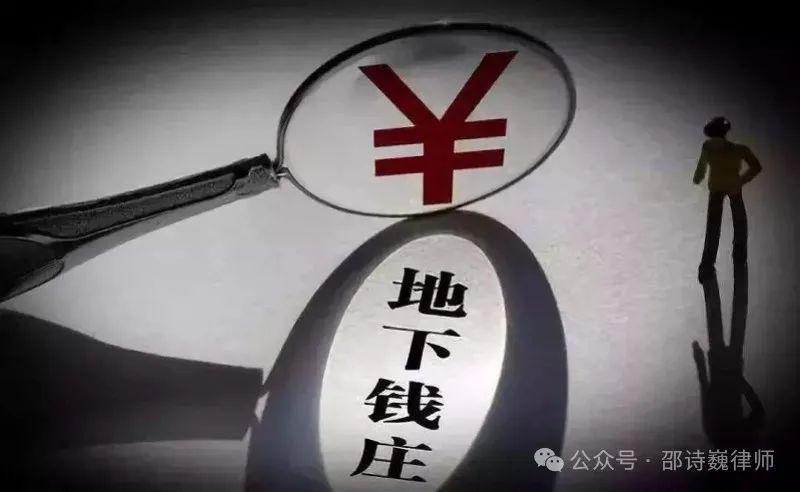
"My wife used my account to help someone collect money. I don't think I lent the account to strangers, and I didn't make any profit. Did I commit a crime?"
Case 3: Reverse connection between criminal penalties for suspected illegal business operations of Chen Mouhong and Wu Mourong
Chen asked her husband Wu to register as an individual business owner and open multiple personal foreign exchange settlement accounts in the bank. Later, in the form of fictitious trade, she provided the above accounts to the underground money laundering gang for receiving foreign exchange . After the bank settled the foreign exchange, she transferred the RMB to other domestic accounts designated by the underground money laundering gang, and collected handling fees and rebates from the bank's foreign exchange settlement.
The court held that Chen and Wu were accomplices and sentenced Chen to four years and eight months in prison, and Wu to one year and ten months in prison, suspended for two years.
In addition, Chen also asked his relatives Chen Hong and Wu Rong to open an e-commerce business and a bank settlement account with foreign exchange settlement function for his use. However, the procuratorate considered that the two had not made any profit and were relatives, and determined that the two had committed a crime, but decided not to prosecute.
Lawyer Shao’s comments:
According to Article 44, Item 2 of the "Regulations on the Administration of Domestic Foreign Exchange Accounts", those who lend, collude, or transfer foreign exchange accounts will be fined up to 300,000 yuan . However, providing foreign exchange accounts does not mean directly engaging in illegal foreign exchange trading.
Therefore, in practice, people who only provide foreign exchange accounts generally only constitute administrative violations and are often not held criminally liable .
However, in this case, the court found both Chen and her husband guilty of illegal business operations and sentenced them to fixed-term imprisonment.
Although a decision not to prosecute the two relatives was made, it should be noted that the procuratorate also determined that the two had committed a crime and decided not to prosecute because the circumstances were minor (constituting a crime).
Attorney Tips:
Do not provide foreign exchange accounts to others to help them collect payments out of "good intentions" or "help". Otherwise, even if you do not participate in specific illegal foreign exchange activities, you may face legal risks of being convicted in the future.

How high is the risk of introducing or helping with currency exchange in order to maintain customer relationships or facilitate transactions?
Financial practitioners should be careful about the minefield of "introducing currency exchange" - why do they face double punishment for helping customers exchange currency for free?
Case 4: Reverse connection between criminal penalties for suspected illegal business operations by Fan, Zhao, and Luo
He Mouwei used the resources such as overseas account opening and currency exchange channels accumulated during the promotion of insurance business to matchmake and introduce mainland insurance clients with currency exchange needs, and conducted two-way exchange between RMB, Hong Kong dollars and US dollars for paying overseas insurance premiums or domestic investment and consumption.
At the suggestion of He Mouwei, Fan and others used the channels of selling overseas insurance to buy and sell foreign exchange in disguised form through "counter-trading" between domestic and foreign countries .
The court sentenced He Mouwei to four years in prison and a fine of 4 million yuan.
The procuratorate determined that Fan and others' crimes were minor and decided not to prosecute them. At the same time, according to foreign exchange management regulations, Fan and others were fined 1.4 million to 2.8 million yuan for their illegal introduction of foreign exchange transactions without making a profit .
Lawyer Shao’s comments:
According to Lawyer Shao's experience in representing related cases, one of the common behavior patterns of illegal foreign exchange trading crimes is that intermediaries match parties who need to exchange foreign exchange and introduce foreign exchange trading. For example , immigration companies, overseas property consultants, trusts, insurance, funds, banks and other financial industry practitioners , in the process of doing their own business, often inevitably have customers ask if there are channels for foreign exchange trading. In order to maintain customer relationships or facilitate transactions, they often act as information media to provide customers with trading information and introduce foreign exchange trading.

In this case, the insurance industry is mentioned. According to the regulations of the State Administration of Foreign Exchange, each domestic individual is entitled to a convenient foreign exchange purchase quota of US$50,000 per year, which cannot be used for overseas real estate purchases, securities investment, life insurance, investment-return dividend insurance and other capital projects that have not yet been opened.
For example, if mainland residents want to buy Hong Kong insurance, there are many restrictions, such as:
Any insurance policy not signed in Hong Kong (such as signing or paying the premium on behalf of others in China) is illegal. You must go to Hong Kong to sign the insurance policy in person and provide a Hong Kong and Macau Pass, entry record, etc. to prove that the insurance purchase took place in Hong Kong;
Foreign exchange purchased by individuals may not be used to purchase overseas investment insurance (such as dividend insurance and universal insurance);
Some insurance companies require policyholders to have Hong Kong residency or work status;
The premium must be paid directly to the insurance company account and cannot be transferred through the intermediary's personal account, otherwise it may be deemed as an illegal operation;
Some insurance salesmen, for various reasons (such as performance pressure, maintaining customer relationships, and using their own information advantages to make profits) , help customers exchange foreign exchange for a fee or for free , or match customers to buy and sell foreign exchange in a counter-trading manner. However, this behavior has constituted the crime of illegal foreign exchange trading. Even if it is a free introduction , it may be deemed by the judicial authorities as a minor case and not prosecuted, and criminal responsibility will not be pursued, but it will still face huge administrative fines .
Can Chinese people avoid domestic legal risks by opening private currency exchange companies abroad?
Why do legitimate overseas businesses still involve domestic criminal risks?
Case 5: Zhao Mouping and Yao Mou were suspected of illegal business operations and the case of reverse connection of criminal penalties
Yao Mouchen undertook the ruble-RMB exchange business in Russia, earning foreign exchange price differences or handling fees. He illegally bought and sold more than 24 million RMB in foreign exchange and made an illegal profit of 485,000 yuan.
The court sentenced him to two years and three months in prison, suspended for three years, and fined him 500,000 yuan.
Lawyer Shao’s comments:
I have to complain first. This guy is really miserable. He worked in the currency exchange business in Russia for 6 years and only earned 485,000 yuan, which is equivalent to more than 6,000 yuan a month. Six years later, the case was discovered and he was sentenced to two years suspended for three years for illegal business operations and fined 500,000 yuan. It means that he worked for 6 years and still lost 15,000 yuan.
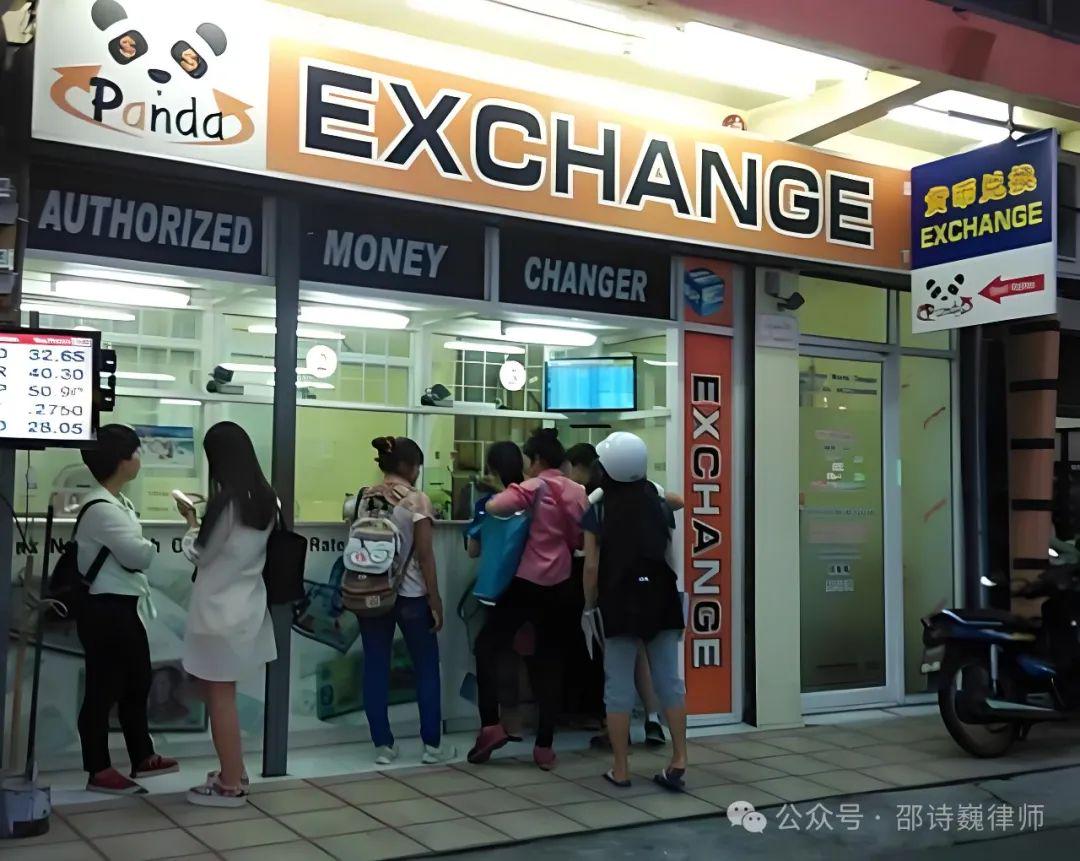
In the article " Is it reliable to exchange money with a regular and licensed foreign exchange company? What are the legal risks for exchangers, introducers, and exchange companies ? (Part 2) " (see the picture below), Lawyer Shao mentioned that if a foreign exchange company operates in a country or region without foreign exchange controls and has obtained relevant qualification licenses, there is no problem in operating the foreign exchange business. Unless the business involves money laundering, it will generally not be investigated by foreign regulatory authorities.
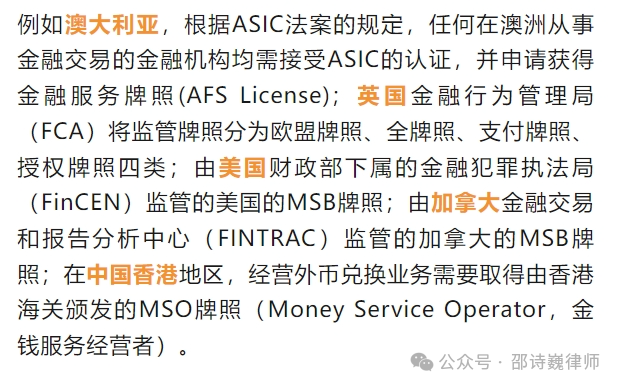
However, China's criminal law is subject to personal jurisdiction. In other words, if a Chinese person violates domestic laws while abroad, there will also be criminal legal risks. As for the foreign exchange business, even if you operate a private foreign exchange company abroad and even obtain a license issued by the local government, it is of course legal to operate locally, but if you touch domestic money and do foreign exchange business in a "counter-trading" manner, there will inevitably be criminal risks.
Are there any legal risks when selling US dollars, Hong Kong dollars and other foreign currencies that you have earned legally to others?
Is legal foreign exchange reselling also illegal?
Case 6: A case of reverse connection between criminal penalties and a technology company suspected of illegal business operations
From 2017 to 2021, Qi, the legal person of a freight forwarding company, colluded with a number of companies to use agricultural products that others could not get tax refunds for, impersonating their own export goods, forged contracts, invoices and other materials, and asked Yao, the legal person of a technology company, to purchase foreign exchange (approximately 113 million yuan) to forge overseas payment records, in order to defraud the state of 245 million yuan in export tax rebates.
Yao transferred the foreign exchange used by the company to sell electronic products to Qi through an overseas account, and assisted in the tax evasion by charging an additional commission of several hundred yuan for every ten thousand dollars.
The court sentenced Qi to life imprisonment for the crime of defrauding export tax rebates.
The procuratorate believed that there was insufficient evidence to prove that Yao committed the crime of illegal business operation and therefore would not prosecute him.
Lawyer Shao’s comments:
In this case, the principal offender was sentenced to life imprisonment and the accomplice was acquitted .
It is conceivable that the mental state of the legal person of the technology company in this case must have been like riding a roller coaster. Although the procuratorate finally determined that the legal person would not be prosecuted due to insufficient evidence, it took more than two years from the incident to the verdict. Seeing his friend being sentenced to life imprisonment, he must have been wondering in his heart how many years he would have to work on the sewing machine.
After complaining, let’s analyze: Why did Yao not commit a crime ?
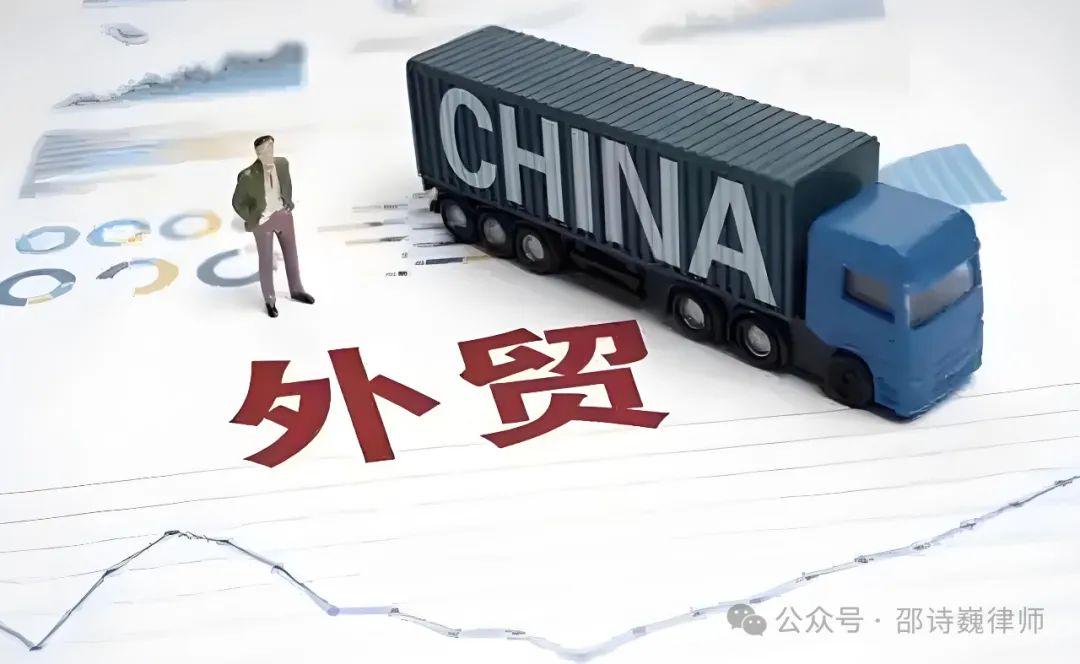
One of the patterns of illegal business operation is to buy and sell foreign exchange, that is, the perpetrator buys foreign exchange at a low price and then sells it at a high price for the purpose of profit to earn the interest difference. However, in this case, the perpetrator's foreign exchange was obtained by selling products, not purchased at a low price from other places illegally. Moreover, the purpose of selling was to settle the exchange, not to continue to buy foreign exchange with the income from the sale to make a profit. Therefore, from the perspective of the elements of the crime of illegal business operation of buying and selling foreign exchange, his behavior does not constitute the crime.
However, Lawyer Shao also reminds that trading companies and other personnel must not engage in similar behavior just because the behavior in this case was not determined to constitute a crime by the procuratorate. Because the case handlers have different understandings of this model, there are many cases in practice where such behavior is determined to constitute a crime. In addition, even if it is ultimately determined not to constitute a crime, there is still the risk of administrative punishment. For example, in this case, the technology company was fined 15 million , which is not a small amount.
Last words
As mentioned at the beginning of this article, many people have a misunderstanding that their currency exchange behavior is very covert, especially when using the "counter-trading" method, and they think that law enforcement agencies cannot discover it. Some people simply think that even if they are discovered, the most they will be fined.
However, in practice, illegal foreign exchange transactions often involve large amounts of money. Once the amount exceeds 25 million yuan, or the profit exceeds 500,000 yuan, the parties involved may face more than five years in prison. However, for defense lawyers, as they have accumulated more experience in this type of case, they will find that, in terms of individual cases, they can always find a corresponding breakthrough and a certain degree of defense space. Even if the amount involved is large, it is possible to obtain a suspended sentence or even a non-prosecution result.
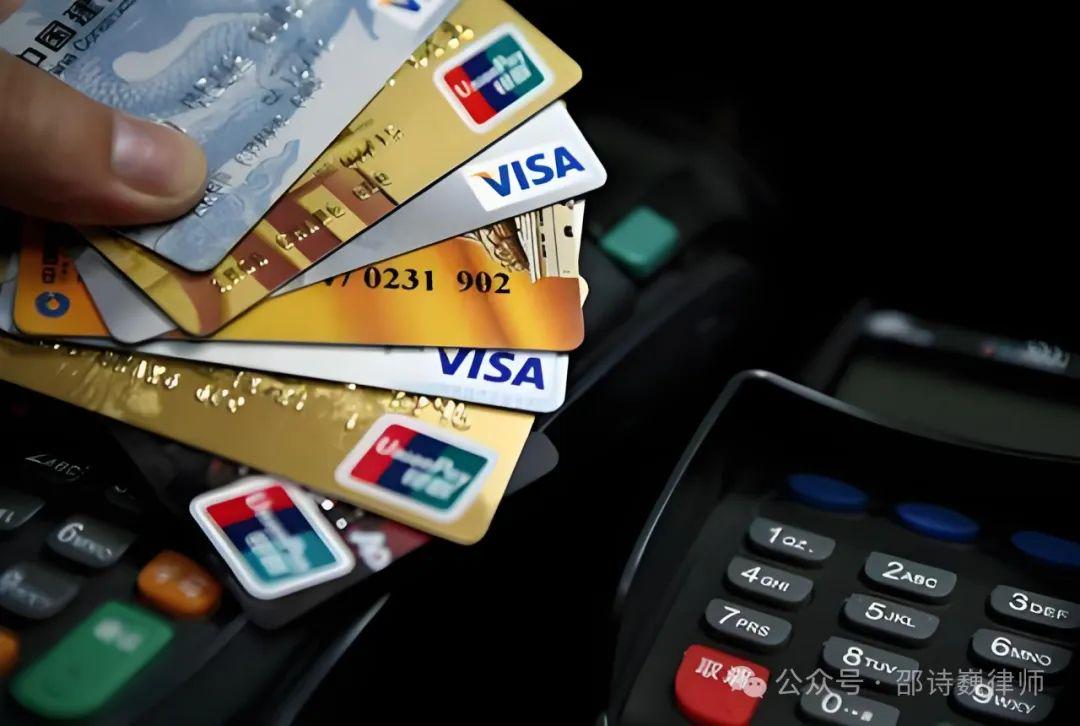
With the development of financial technology, illegal foreign exchange has evolved from traditional cash transactions to more covert methods such as virtual currency transactions, POS machine smuggling and card swiping, and false trade contracts , and the amount involved is also increasing. Therefore, in recent years, China has significantly increased its crackdown on illegal and criminal activities in the foreign exchange field. In this context, we cannot be too optimistic about the future efforts of law enforcement agencies to punish foreign exchange-related illegal and criminal activities.
Illegal exchange of foreign exchange will lead to funds being out of the regulatory system, resulting in abnormal cross-border capital flows, which may cause exchange rate fluctuations, loss of foreign exchange reserves and other issues. Therefore, as an individual, you must abide by the law, do not take chances, and must conduct foreign exchange transactions through legal channels.
This article is an original article by lawyer Shao Shiwei. It only represents the author's personal views and does not constitute legal consultation or legal opinion on specific matters. For article reprint, legal consultation, and peer communication, please add: sswls66.














